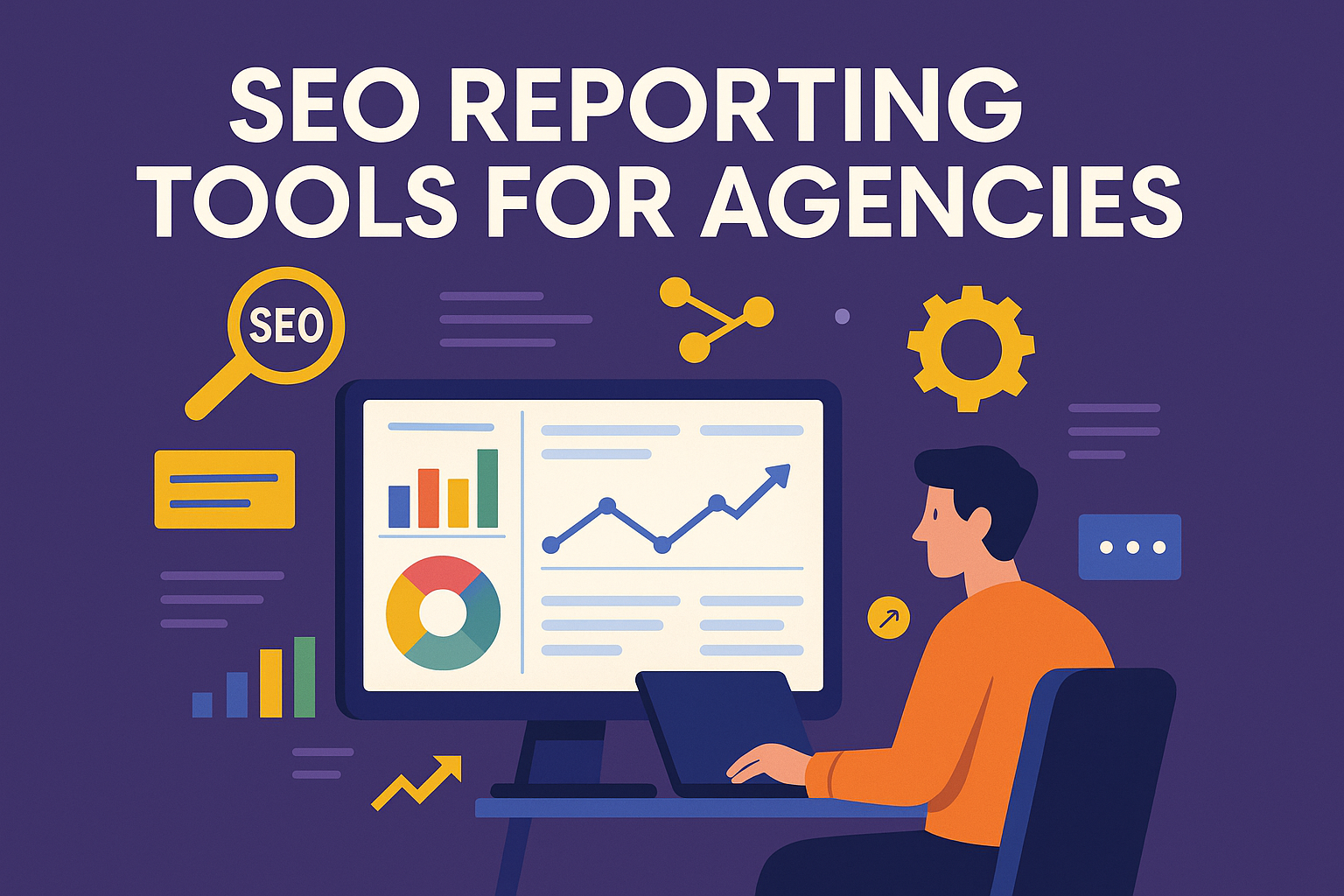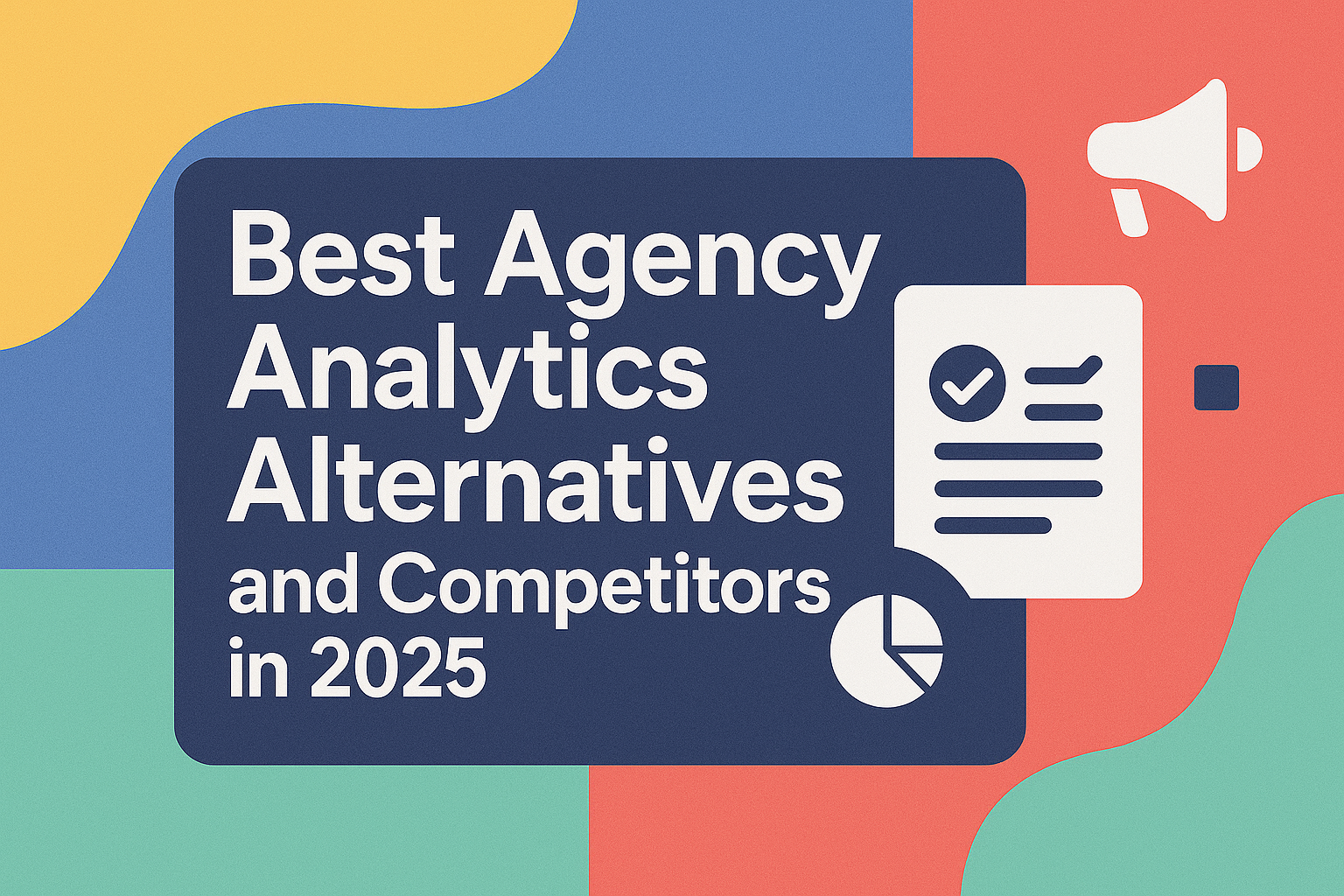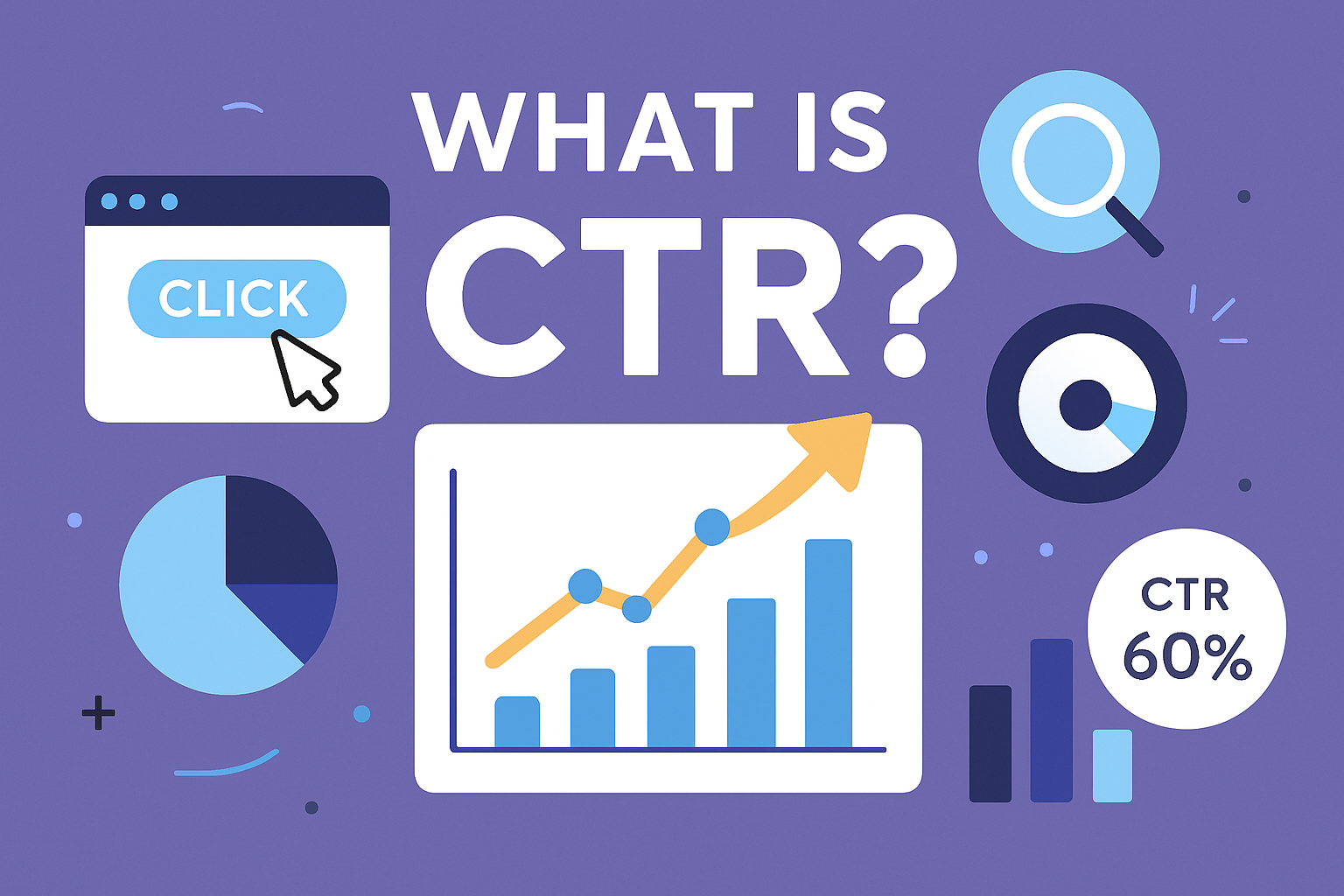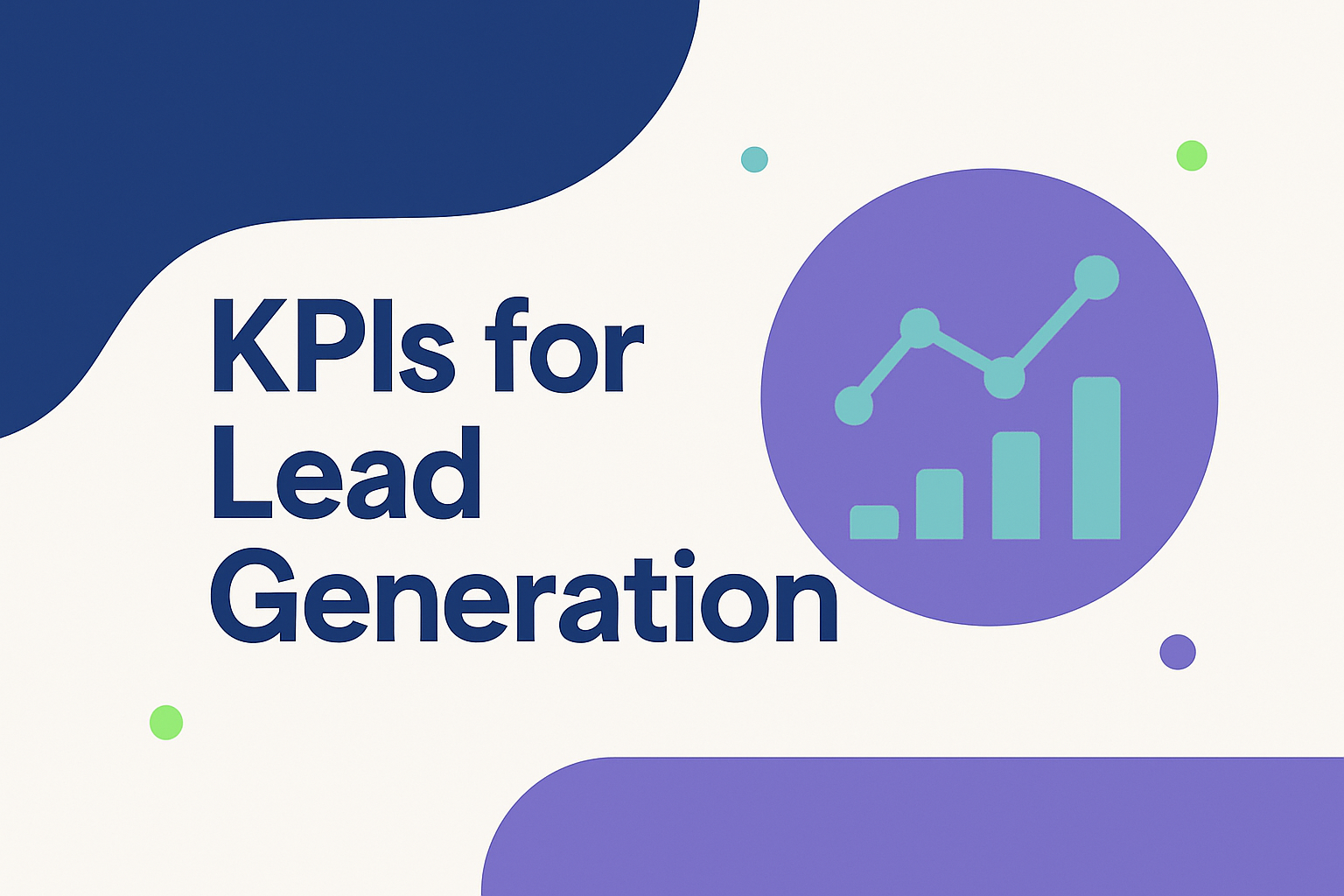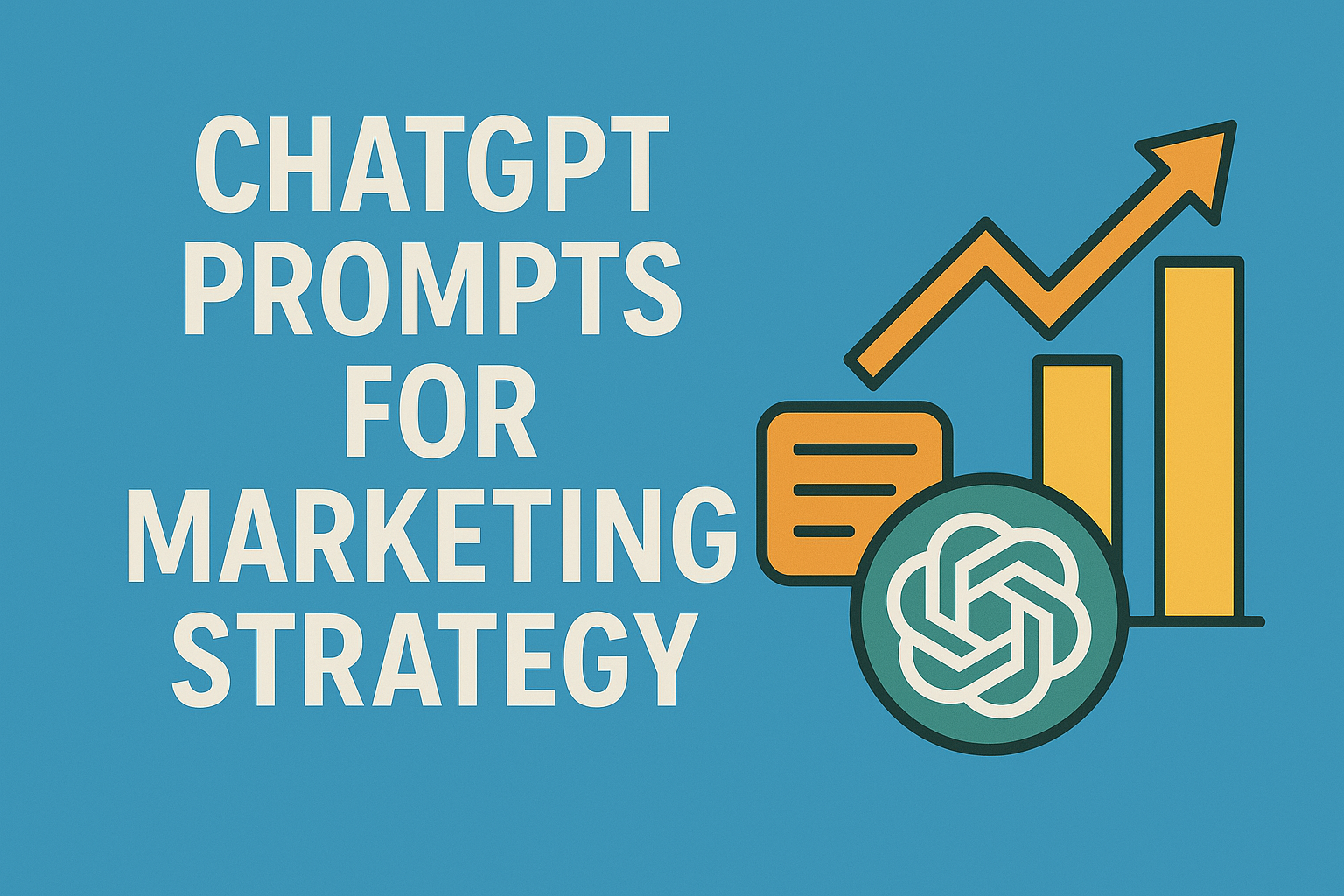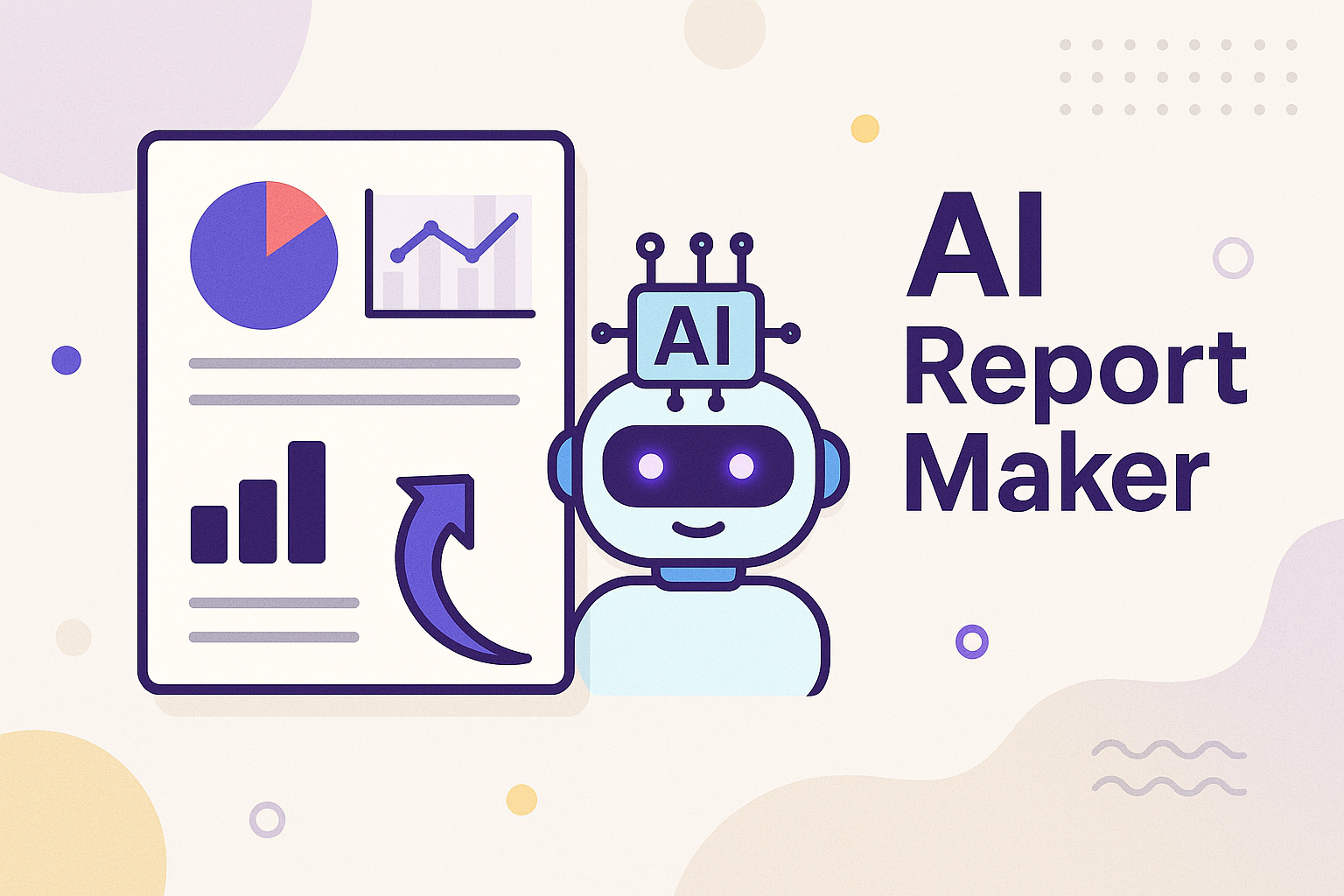Best SEO Reporting Tools for Agencies: Smarter Reports, Happier Clients
Key Takeaways
- SEO reporting tools make it easy for marketing agencies to analyze campaign performance, create better reports for clients, and find new opportunities for growth strategy.
- By automating and standardizing reports, agencies cut down on manual labor, maintain uniformity across reports, and provide clients with timely insights.
- Customizable and white-label reporting capabilities increase professionalism and let agencies customize reports to each client’s unique priorities.
- Easy integration with other marketing and CRM systems creates a more efficient workflow and keeps data up to date and accurate.
- By emphasizing actionable analytics and metric prioritization, agencies are better able to report clear, actionable results that keep the client’s business objectives in mind.
- Being on the cutting edge with AI-driven tools and predictive analytics not only moves agencies closer to the future of reporting but also helps meet evolving client expectations.
SEO reporting tools for agencies help firms track, show, and share their clients’ website data in a clear way. These tools collect info from sources like Google Analytics, Search Console, and social media to build one report.
U.S. Agencies often use these tools to save time, cut manual work, and keep clients in the loop with real stats. Most tools offer dashboards, drag-and-drop widgets, and let users tweak reports by brand or goal.
Some top picks in the U.S. include KPI.me, AgencyAnalytics, and Reportz. Each tool comes with its own mix of price, features, and support options.
The next sections break down the details and help you pick the right fit for your agency’s real needs.
Why SEO Reports Are Crucial

SEO reports are the lifeblood of agency work. They show the impact we’re having on measuring campaign success, finding out where the successes are, and where we still have work to do. For agencies, these reports are more than just keyword tracking reports. They are the deep read on results, the proof of the value of the work that continues, and the tool to keep clients informed with tangible data.
When reporting is clear, concise, and consistent, it helps agencies have conversations with their clients. When a client receives a report that they can read and understand that describes the results in simple terms, trust is established. For instance, you could provide weekly or monthly reports detailing improvements in organic traffic, conversions, and ranking changes.
This method allows both parties to have visibility into what is performing well! These reports are capable of presenting over 200 various data points. They usually draw data from GA and GSC to give a holistic picture of a website’s health.
Effective reports go beyond showcasing wins. They call attention to losses in traffic or rankings. This helps to identify and resolve issues quickly before they escalate. Not only does this provide transparency to clients, but it also demonstrates that the agency is proactive and continually seeking to improve results.
It allows agencies the opportunity to illustrate the impact of algorithm updates or new content strategies on a day-to-day basis.
Second, automated tools significantly reduce the time spent on manual tasks. Agencies save time by relying on real-time dashboards and standardized templates. It makes sure every client is getting the same, normal, truthful, and informative communication.
Side-by-side comparisons with competitors in these reports can fuel creativity and inspire fresh perspectives to keep everyone’s eyes on the prize of growth.
What Are Agency SEO Tools?
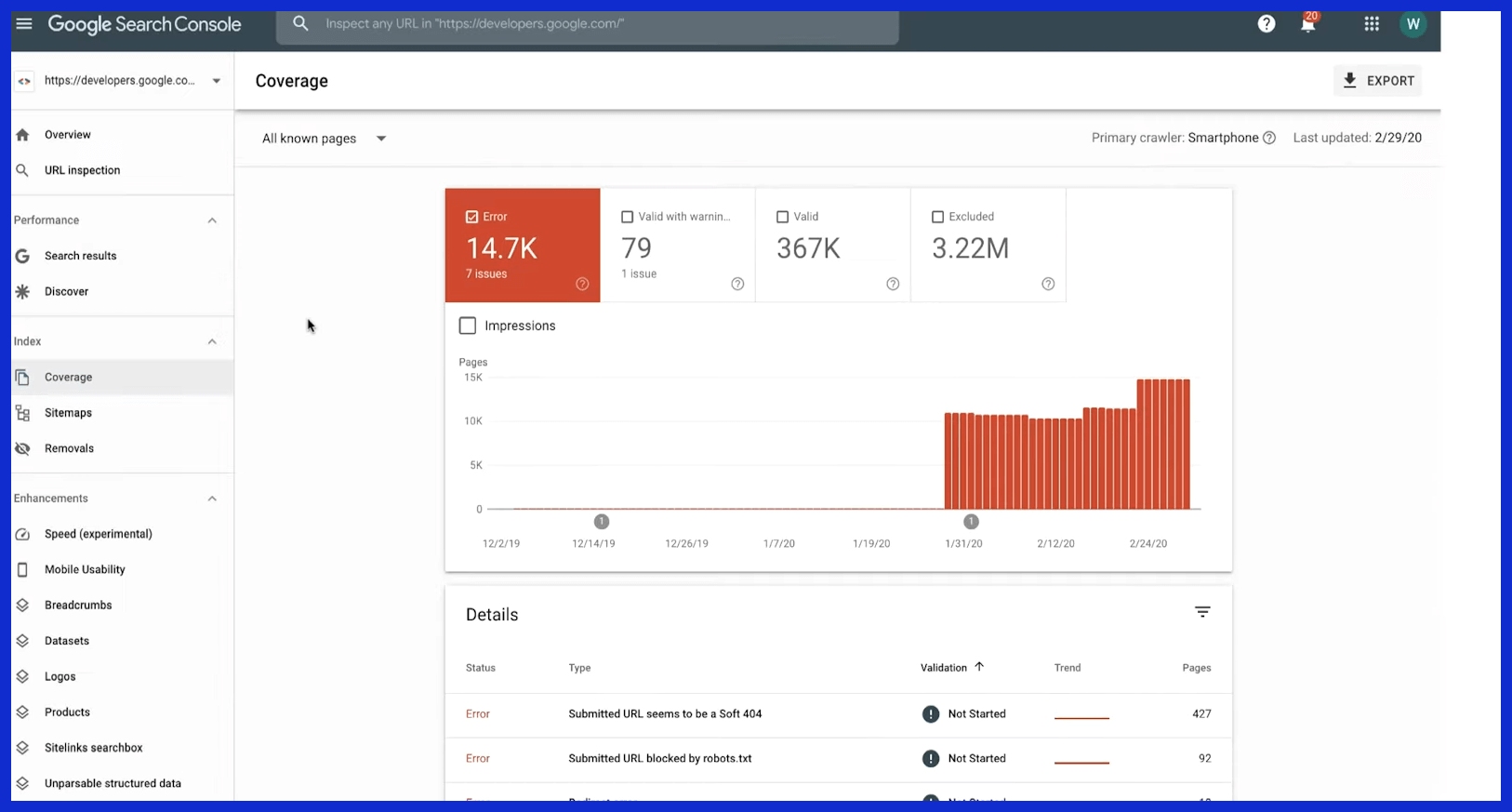
Agency SEO tools are software used by digital agencies and businesses to manage and boost their clients’ or their search engine presence. These tools do it all, from keyword research to technical site audits, backlink checks, and rank tracking.
Some tools only cover one focus area, such as backlink analysis or technical SEO, while others consolidate all data into a single pane of glass. They’re all about getting agencies more productive. They’re able to identify optimization opportunities to expand and quickly pivot to fill those gaps.
Features like custom reporting and white-labeling allow agencies to create branded reports for each client. The best tools integrate with other platforms, Google Analytics or Google Search Console, for example, to give you a more complete picture of what’s working.
More Than Just Data Points
The top agency SEO tools go beyond mere data points. They make sense of thousands of data points and turn them into actionable insights. Trend tracking allows teams to identify what’s really working over the course of weeks or months rather than just in a single snapshot.
Effective tools make complex data accessible through the use of infographics and other visualizations. This allows everyone from clients to internal teams to grasp the narrative! Metrics such as bounce rate and average time on page allow agencies to understand how actual visitors are interacting with a website.
Built for Agency Operations
Only a few tools are specifically designed for agency operations. These allow you to manage hundreds of client accounts simultaneously and improve collaboration between teams. Collaborative features, such as shared dashboards and customizable user roles, keep everyone in the loop and working toward the same goals.
As agencies grow, these tools scale with you, so you’re not left hanging having to change platforms when you onboard new clients.
Better Client Conversations
Reports generated from these tools help equip agencies to walk into client meetings armed with concrete data. Concise reports make client communication strategy meetings instead of shots in the dark.
Client feedback helps determine which wins should be reported and helps establish improved objectives for the future.
Key Features Your Agency Needs
When picking an SEO reporting tool, agencies need more than just keyword rankings. The tool should be flexible, easy to use, and work well with other marketing software. Many U.S. agencies are looking for tools with drag-and-drop features to build custom reports quickly.
They also need to track real-time data and monitor a wide range of metrics—sometimes up to 200 at once! Tools with these capabilities help agencies stay ahead, make smarter decisions, and deliver better results for their clients.
1. Deep, Actionable Analytics

Good tools provide deep, actionable analytics, down to the individual action and the journey users take through a site. With meaningful analytics, you can monitor user engagement, conversion rates, and other valuable metrics. Functions such as A/B testing and historical data analysis allow you to identify trends and foresee what’s coming around the bend.
For instance, platforms compatible with Google Analytics allow agencies to view the macro and micro, driving more effective campaigns.
2. Custom White-Label Reporting
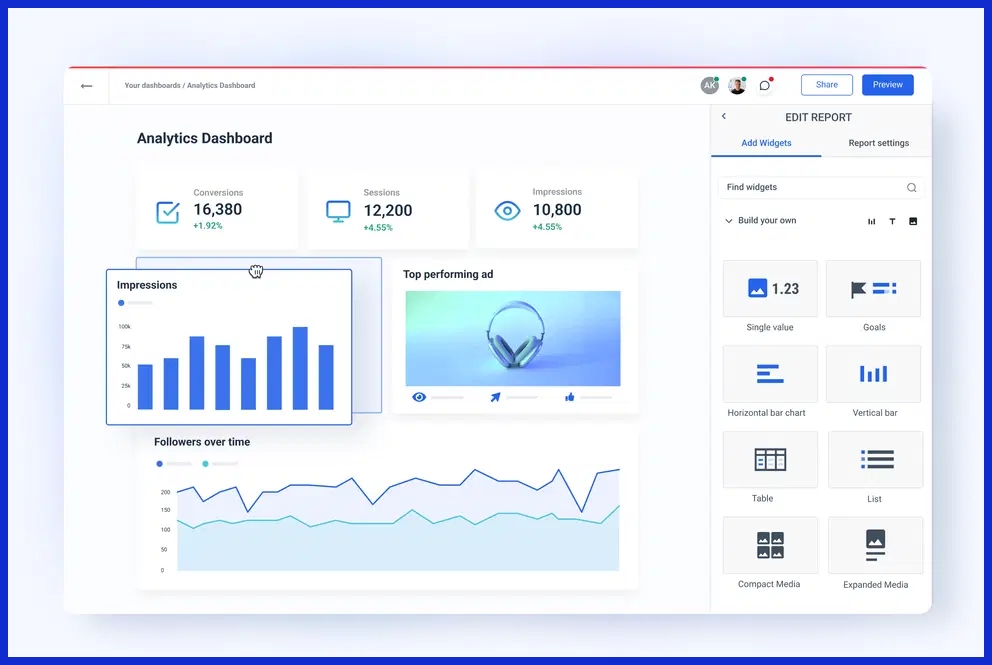
Custom, white-label reporting is essential for agencies that are serious about professional appearances. Tools need to enable branded templates so that you can deliver each client a report that feels bespoke. Using intuitive drag-and-drop functions, you’re able to create and customize reports that cater to every client’s branding, logo, and specific requirements.
This requirement not only enables agency branding but also allows agencies to remain nimble as client needs shift.
3. Smooth Data Integration

Reporting tools should be able to seamlessly integrate and work alongside other marketing tools, such as Google Search Console or a CRM. Information should move seamlessly between platforms. This way, agencies aren’t forced to work around silos or with the hassle of manual data exports.
With automated updates, even on a 15-minute basis, nothing is ever stale. This expedites processes and ensures agencies are always one step ahead.
4. Smart Metric Prioritization
It’s tempting to fill reports to the brim. Quality tools will guide you to prioritize KPIs that have the most impact on each client. You’re able to easily configure dashboards, select a handful of the most important metrics, and update those metrics as client goals evolve.
This makes reports easy to read and saves time by cutting out unnecessary data that doesn’t lead to actions and outcomes.
5. Advanced Opportunity Spotting
The best tools will help you identify new emerging trends, keyword gaps, and overall shifts in your market or industry. Through competitor tracking and detailed keyword databases, agencies find what’s coming up next before clients even have the chance to ask for it.
This prevents strategies from getting stale and results from plateauing.
Choose Your Agency’s Best Fit

Start by thinking about what your team really needs—and what your clients expect from SEO reports. Since agencies often work with different industries, each client will have unique goals.
That means a tool that works well for a healthcare client might not suit an e-commerce brand. A good way to choose is by looking at your daily workflows. Some teams need detailed data and advanced analytics, while others just want simple, visual reports they can easily share.
KPI.me is a strong option for agencies that want quick, automated updates without a steep learning curve. It makes sharing reports fast and effortless.
Understand Core Tool Types
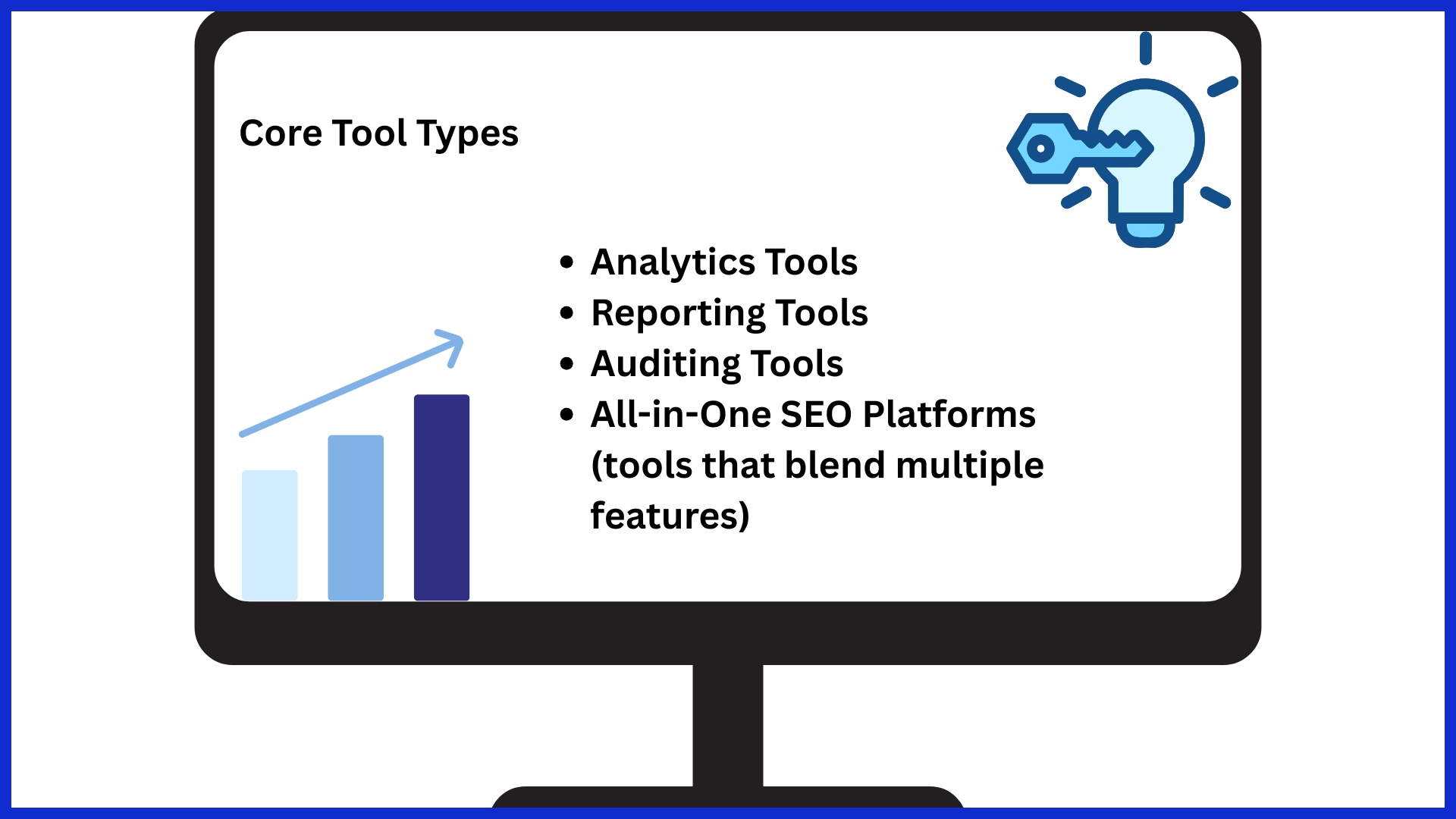
SEO tools fall into a few main groups. Analytics tools like Google Analytics track traffic and user behavior. Reporting tools, such as KPI.me or AgencyAnalytics, focus on clear, shareable updates.
Auditing tools, like Screaming Frog, look for site issues. Some tools blend features, letting you do more from one dashboard. Agencies often build a must-have list: at least one analytics tool, one reporting platform, and often an auditing option.
Align Tools With Your Process
If your team is accustomed to a specific workflow with steps for client reporting, find tools that seamlessly integrate. This prevents a lot of lost time and unnecessary frustration.
Intuitive onboarding and comprehensive training keep teams moving quickly and efficiently. Tools that allow easy export of reports or syncing capabilities with major data repositories, such as Google Search Console, make a huge difference.
Calculate The Real Investment
Consider the monthly cost, but calculate the training investment as well as the benefits derived from improved insight. Other tools, like KPI.me, are cheaper and allow you to scale as your roster grows.
Ensure Tech Ecosystem Harmony
Ensure compatibility with existing software. Check the compatibility of each tool with your other software. A seamless data transfer results in less potential for error and less manual effort.
Make sure to update tools regularly to ensure all systems function properly.
Boost ROI With Smart Reporting
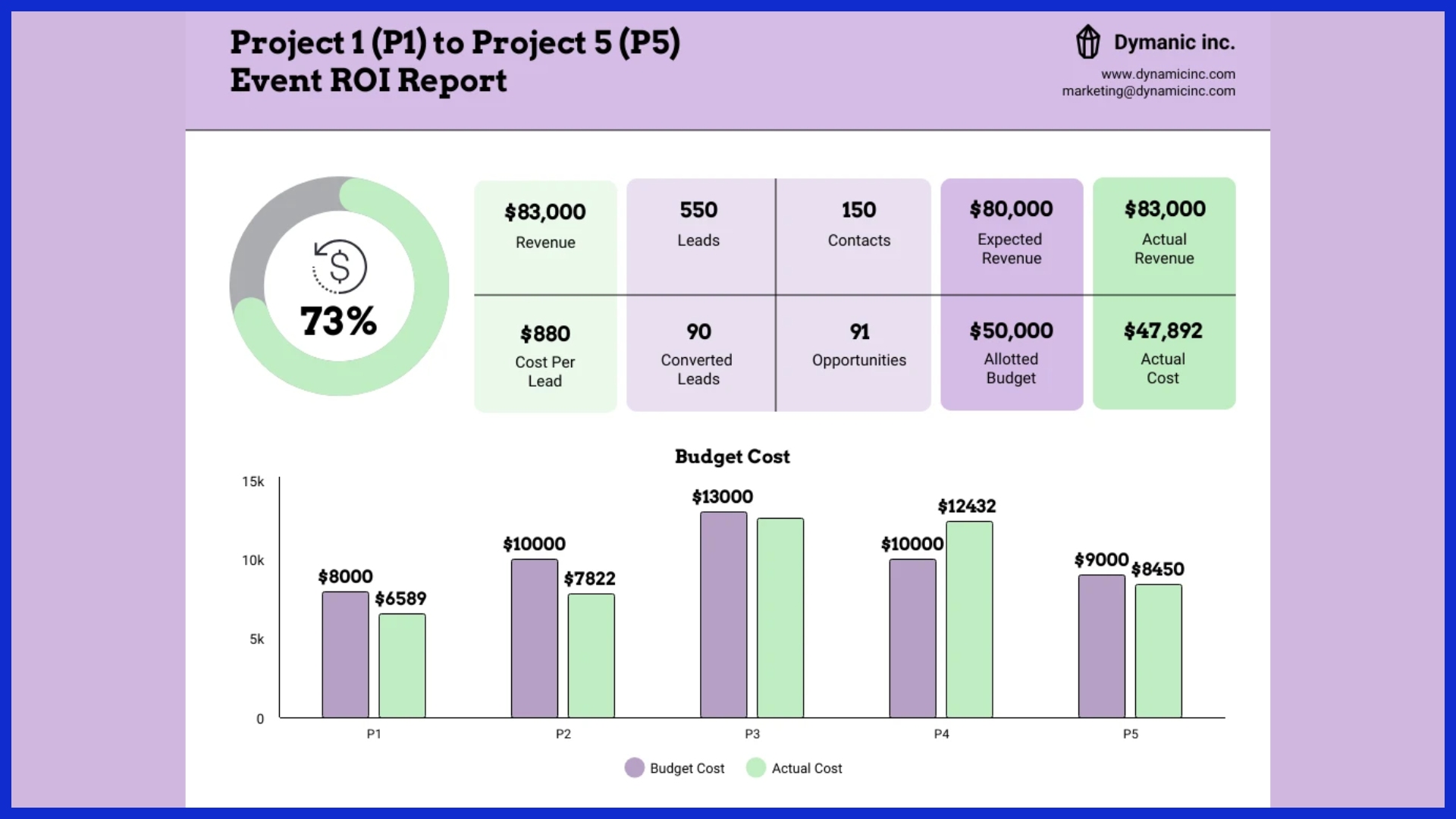
Smart SEO reporting gives agencies a big edge by turning raw data into clear, meaningful results for clients. With real-time updates and easy-to-read visuals, clients always see the latest numbers, helping them make confident decisions and build trust with their audience.
Custom dashboards and white-label options let agencies tailor reports for each client, whether they’re SEO experts or beginners. Automated reporting saves hours of manual work, so teams can focus on analysis instead of copy-pasting data.
Reports highlight important metrics like keyword rankings, audit scores, and backlinks, making it easy to spot both wins and areas to improve. You can even break down the data by channel, content type, or branded vs. non-branded traffic to understand where true growth is coming from.
Regular reporting schedules mean clients always know when to expect updates—no more guessing. With visual storytelling, agencies can clearly show the impact of their work. When clients see metrics improve after specific actions, like earning backlinks or fixing site issues, it proves the value of your service.
These reports also uncover new opportunities, helping agencies pitch content campaigns, local SEO packages, or other services that drive growth.
Translate Data To Client Wins

Smart reports take confusing numbers and translate them into compelling stories that clients care about. Rather than a report of ranked keywords, illustrate how improved rankings generated increased phone inquiries or purchases. These success stories, supported by intelligent metrics, allow clients to get the story out to their internal teams.
This not only builds trust but also reinforces the agency’s contribution to their wins.
Stand Out With Unique Insights
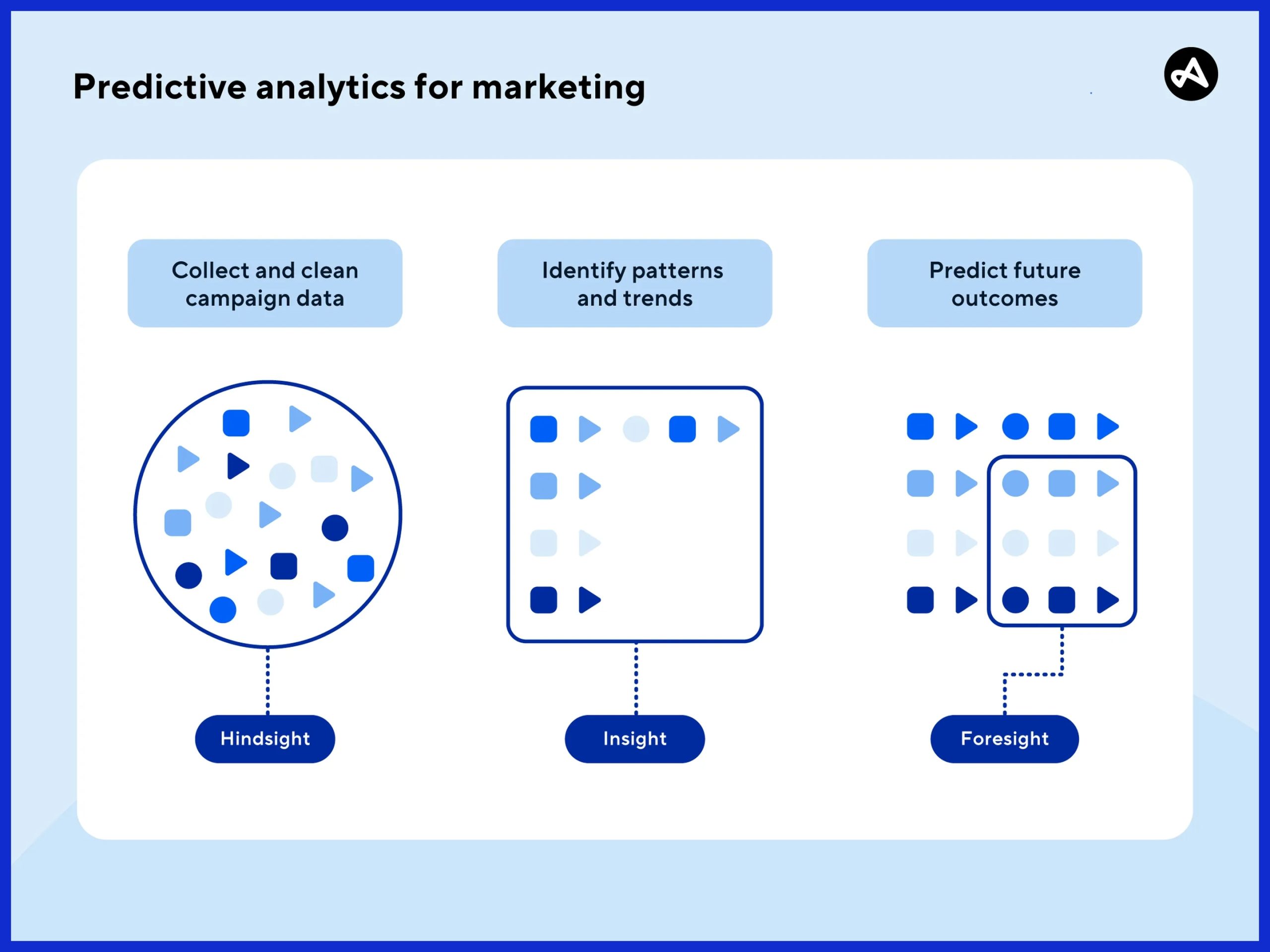
Utilize predictive analytics to unearth trends or gaps that your competitors overlook. Include industry benchmarks or local trends in the body of the report, positioning you as the expert who keeps clients one step ahead. Build innovative concepts off of successes, such as reaching new audience segments or experimenting with new content types.
The Future: Agency Reporting Evolves
The future of Agency reporting is evolving quickly, steered by new technologies and new client demands. Automation and AI let agencies approach SEO with a data-driven mindset, producing reports at increased speed and improved effectiveness.
As clients expect smarter, easier-to-read reports, teams need to keep up with trends like mobile-first access, cloud-based tools, and more user-friendly dashboards. Agencies here in the U.S. are experiencing a move away from reports that just present the data without analysis to reports that emphasize actionable insights, not just statistics.
This goes a long way in building trust and allowing clients to visualize true value.
AI’s Role in Future Reports
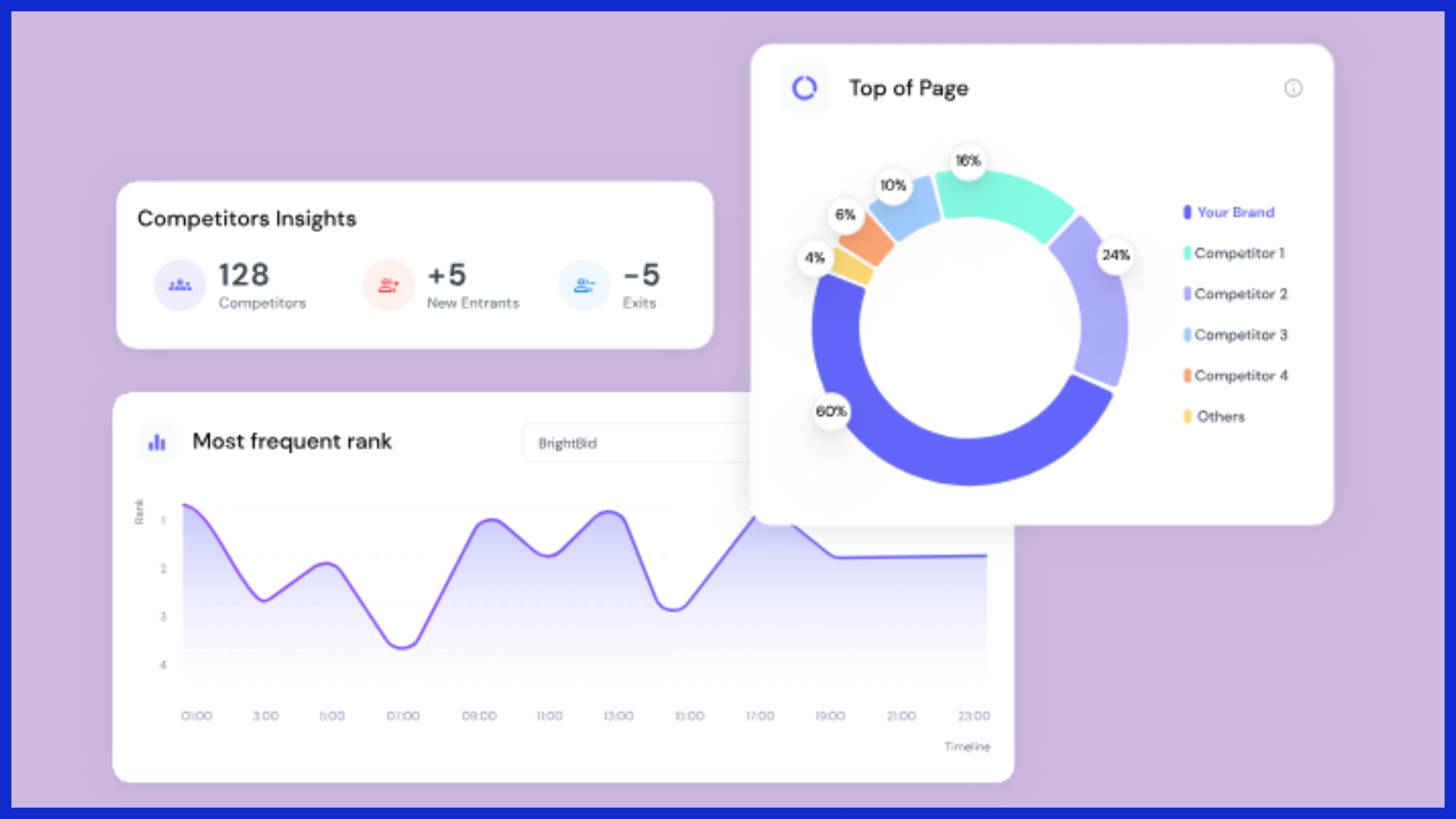
AI’s growing influence on agency reporting is significant. By using machine learning, data can be sorted and analyzed for trends with a reduced amount of human labor.
AI-powered tools can identify changes in traffic and alert users to unusual spikes. They even predict things, taking educated guesses about what might happen in the future!
AI can help agencies automate tasks, such as link prospecting or outreach, which frees up time for more valuable, big-picture work. Some tools even modify reports to match client preferences and styles, personalizing each report for the recipient.
As AI continues to advance, it will continue to discover new opportunities to empower teams to work more intelligently and efficiently.
Towards Unified Data Platforms
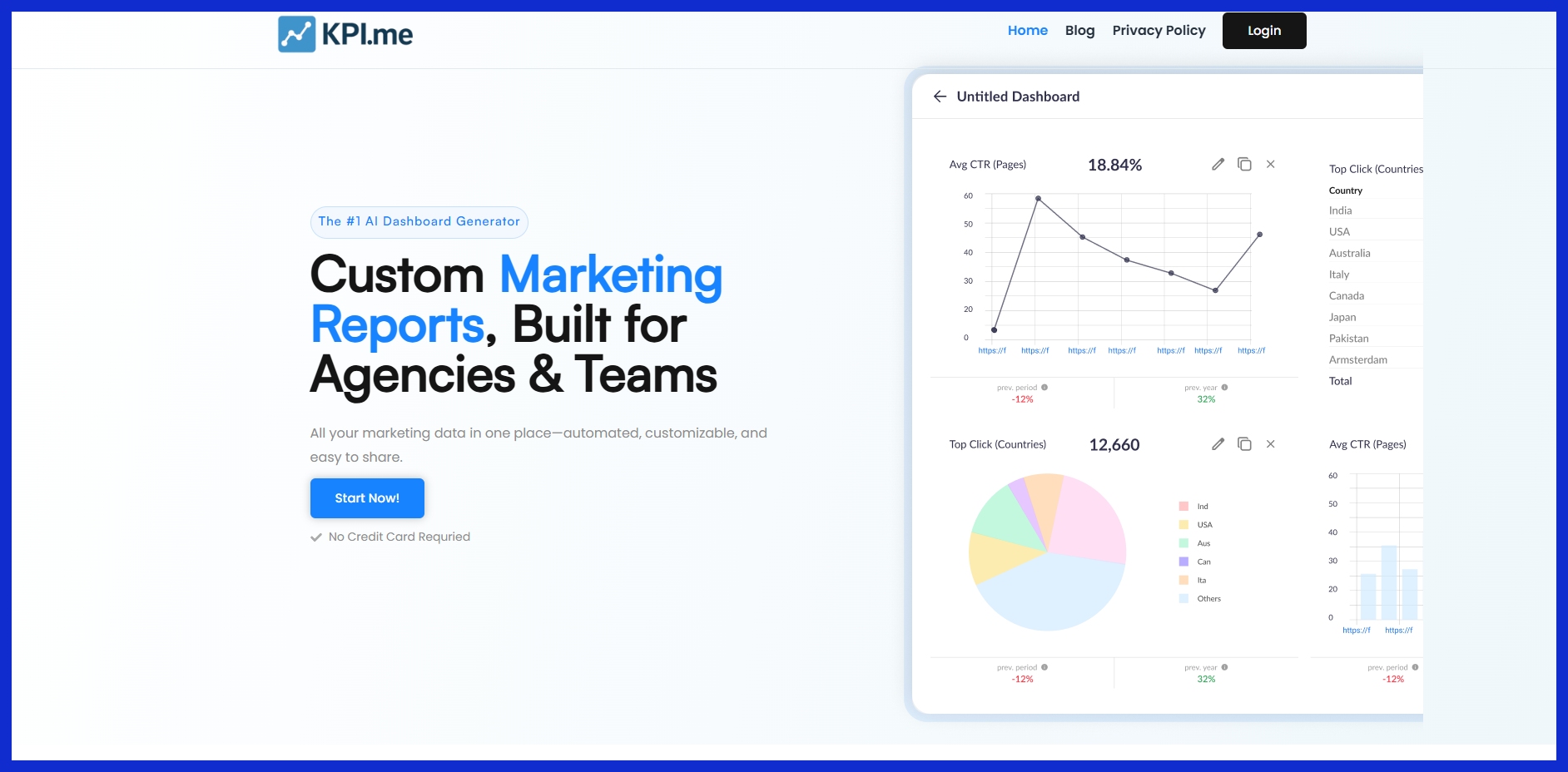
Unifying all of your SEO data into one collaborative platform is quickly becoming standard practice. When teams are working with one unified view—whether they’re in SEO, PR, or elsewhere—the more efficiently they can collaborate.
Cloud-based, unified dashboards provide a convenient way for clients to view their statistics from any location, at any time, on any device. By taking this centralized approach, agencies can get information shared quickly, clear up complicated results, and build a more robust connection with clients.
Conclusion
SEO reporting tools free agencies up to work smart and fast. Better tools lead to less time wasted, less stress, and more obvious wins for both teams and clients. With the proper configuration, you don’t need to be an agency to know what to focus on, identify patterns, and demonstrate actual improvements.
Tools such as KPI.me take the complexity out of the equation, allowing you to quickly pull all of your numbers together and share results without a fuss. No more estimating or searching for information. No gimmicks, just honest communication, effortless distribution, and tangible evidence of progress. Agencies that invest in superior tools are the ones that are winning.
If you want to do more with your reports, test a few and find out which one works best for your team. Don’t let your agency fall behind—choose the tools that do the heavy lifting for you and make your successes easy to display.
Frequently Asked Questions
What is an SEO reporting tool for agencies?
For agencies, an SEO reporting tool is an essential tool that helps agencies track, analyze, and present website performance results to clients. These tools help convert complicated SEO data into shareable, digestible reports, saving time and adding a level of transparency.
Why do agencies need specialized SEO reporting tools?
Agencies juggle dozens of different clients and campaigns. These specialized SEO tools help agencies keep data organized, automate reporting processes, and, most importantly, highlight results. This not only keeps clients in the loop but also allows agencies to demonstrate value.
What features should I look for in agency SEO reporting tools?
These include, but aren’t limited to, white-label reports, automated scheduling, integration with Google Analytics, keyword tracking, backlink monitoring, and easy sharing options. Both of these features help you save time and wow your clients.
How do SEO reporting tools improve ROI for agencies?
SEO reporting tools can reduce the time it takes to collect the right data and create reports. This allows agencies to minimize manual processes and focus more on strategy, increasing client ROI immediately.
Can SEO reporting tools integrate with other marketing platforms?
Indeed, the best SEO reporting tools use Google Analytics integration, Google Search Console integration, SEMrush integration, Moz integration, and more. This allows agencies to be better equipped with a comprehensive overview of their clients’ marketing activities.
Are there SEO reporting tools suitable for agencies in the U.S.?
Absolutely. Many leading tools like AgencyAnalytics, SEMrush, and Raven Tools cater to U.S. Agencies with localized data, U.S.-based support, and compliance with local digital marketing standards.
How often should agencies send SEO reports to clients?
Some provide weekly or even in real-time, based on the needs of the client and the objectives of the campaign. Delivering reports regularly instills confidence and demonstrates the work that’s been done.

